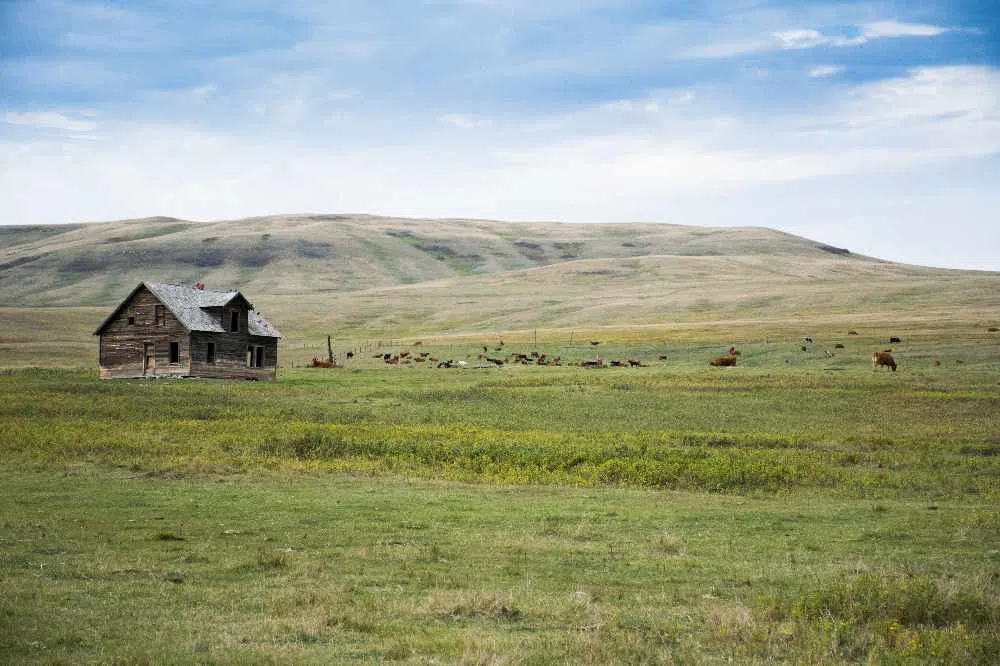
‘In the Field’ info on record grain movement and caution about energy leases.
LETHBRIDGE – The ‘In the Field’ program aired on Country 95-5 each day this past week has covered a different topic, from a reprieve on pulse exports to India to words of caution when thinking about signing a renewable energy agreement.
The week started off with good news about Grain-Movement:
C-N Rail says grain movement is on record pace after a slow start last fall, due to wet conditions at harvest.
Director of Grain Marketing David Przednowek says record volumes have been set from September through to February.
He notes the average number for this time of year is about 4,000 cars per week.


